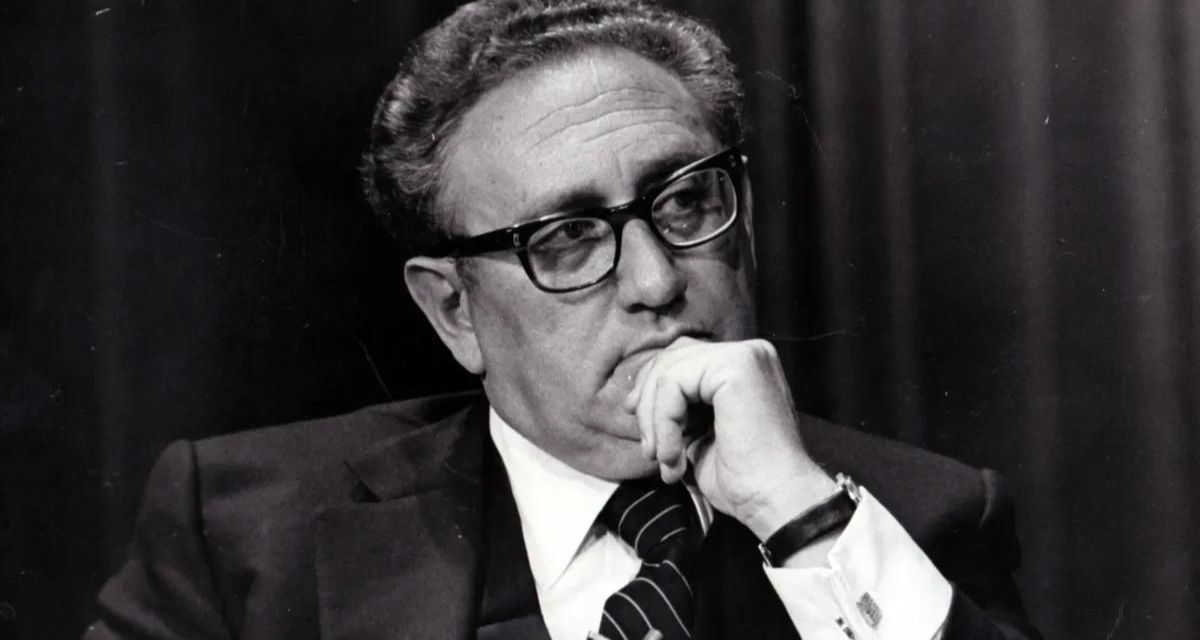The world awoke to the news of the demise of Henry Kissinger, a colossus in the realm of international diplomacy, who passed away at the age of 100. A figure both revered and reviled, Kissinger’s contributions to global politics continued long after his tenure as the US Secretary of State.
Born in Germany in 1923, Kissinger’s Jewish family fled Nazi persecution, arriving in the US in 1938. This journey from an immigrant to a top American diplomat is a testament to his extraordinary capabilities and resilience. He became a pivotal figure during the Nixon and Ford administrations, significantly influencing US foreign policy.
Kissinger’s role in shaping US-China relations and his efforts in the Vietnam War’s conclusion are highlights of his career. His unique approach to diplomacy, famously termed “shuttle diplomacy,” particularly in the Middle East, remains a subject of study in international relations.
However, his legacy is not without controversy. Kissinger’s policies in Latin America and Southeast Asia have been criticized for prioritizing geopolitical objectives over human rights concerns. His support for authoritarian regimes, most notably in Chile and Argentina, and the bombing campaigns in Cambodia, have sparked significant debate and criticism.
Despite these controversies, Kissinger’s impact on international diplomacy is undeniable. He was a key figure in many historic negotiations and was awarded the Nobel Peace Prize in 1973, an accolade that was as contentious as his career.
Kissinger’s life story, marked by his ascent from a refugee to a world-renowned statesman, resonates profoundly with the ideals of resilience and determination. As the world reflects on his passing, his complex legacy continues to evoke mixed reactions, underscoring the enduring influence of his decades-long career in shaping global affairs.
Henry Kissinger is survived by his wife Nancy Maginnes Kissinger, his children Elizabeth and David from a previous marriage, and five grandchildren. His life journey, embodying the American Dream, leaves behind a multifaceted legacy that will be analyzed and debated for years to come.

